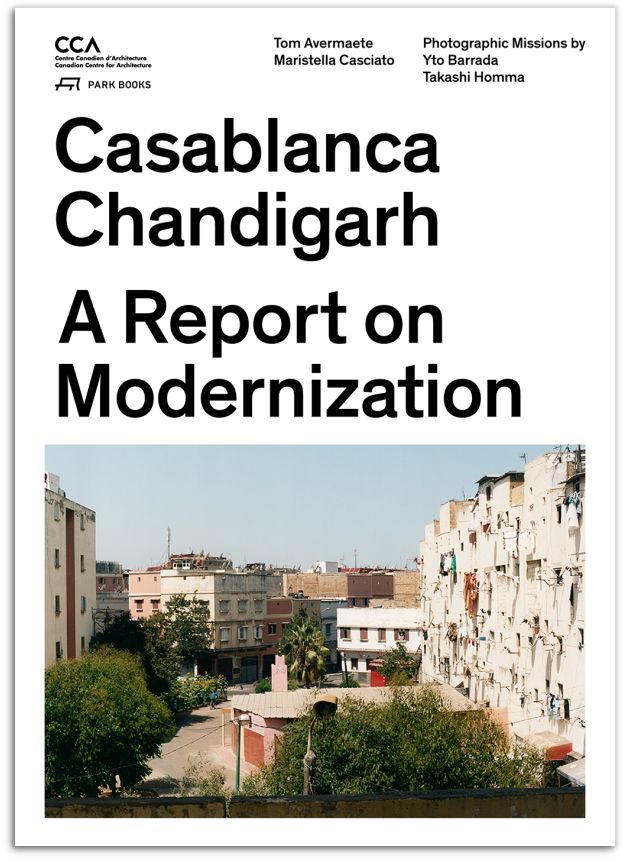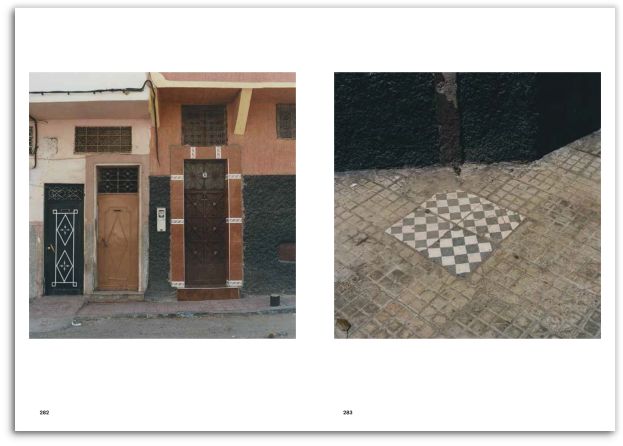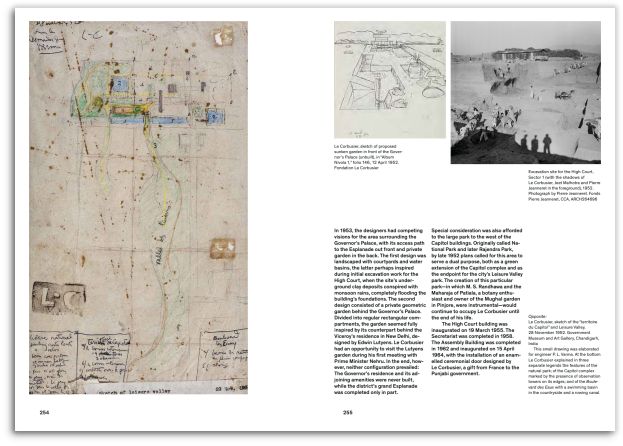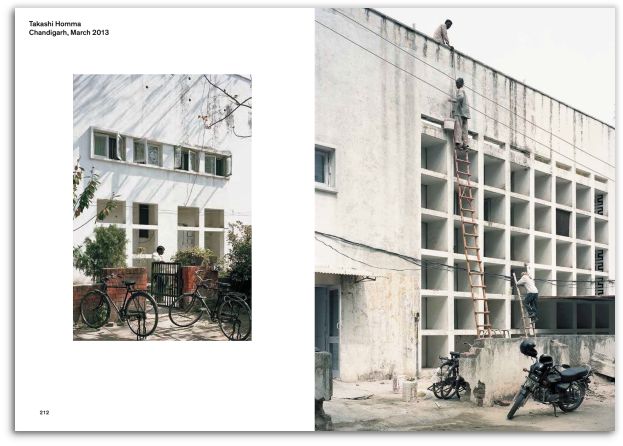Casablanca Chandigarh
A Report on Modernization
A groundbreaking reassessment of the urbanist experiments Casablanca and Chandigarh
GVA Gemeinsame Verlagsauslieferung Göttingen
GmbH & Co. KG
P.O. Box 2021
37010 Göttingen
Germany
+49 551 384 200 0
info@gva-verlage.de
This richly illustrated volume invites us to think afresh about urban life and the modern city by offering images and analyses of two very different but complementary contemporary cities: the planned Indian city of Chandigarh and Casablanca, the North African harbor town developed into a modern metropolis by Michel Ecochard and a team of architects after World War II. Countering the dominant view of modern urbanism that values avant-garde ideas originating in the West, the book offers a more nuanced approach to the history of the modern city and the relationship between local knowledge and imported ideas in the rapid globalization that followed World War II.
By focusing on the design and habitation of the cities’ public spaces and housing, the Casablanca Chandigarh locates the essence of the modern city in its everyday life—which shifts our understanding of architecture and planning, enabling us to see it as the result of negotiation among a variety of actors.









